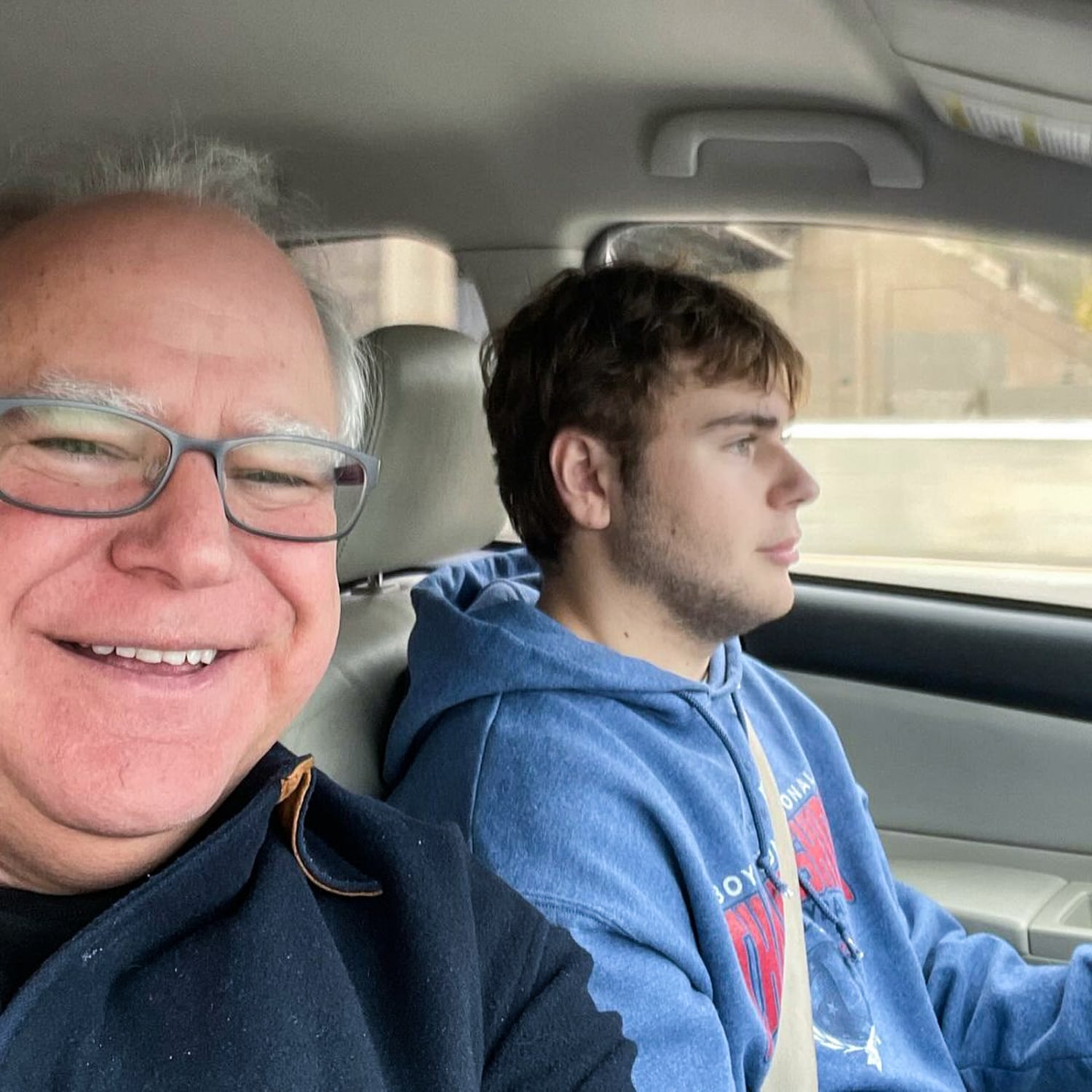
How Tim Walz’s Son Gus is Shining a Light on Learning Disabilities
Minnesota Governor Tim Walz and his wife Gwen have recently shared their son Gus’s journey with learning disabilities, including ADHD, a non-verbal learning disorder, and anxiety. Their openness is creating a significant impact on how society views and supports individuals with similar challenges.
Gus’s story is a reminder that learning disabilities do not define a person’s potential. The Walz family emphasizes that while Gus faces challenges, these are not setbacks but rather his unique strengths. Tim and Gwen have always believed in setting Gus up for success by understanding his needs and leveraging his abilities. This perspective is crucial, as it moves away from the notion of disabilities as deficits and instead celebrates the individual’s unique attributes.
Also Read:- ABC Managing Director David Anderson Resigns Amid Leadership Transition
- Phil Donahue's Hilarious Plea for Alex Trebek's Wedding Details Amidst Heartfelt Tributes
Public figures like the Walz family play a vital role in normalizing discussions around learning disabilities. When politicians and their families are candid about their experiences, it helps to reduce stigma and encourages others to share their stories. This visibility is particularly important in a society where disability is often hidden or overlooked. As Zoe Gross, director of advocacy for the Autistic Self Advocacy Network, pointed out, being open about disability allows for broader discussions about the needs of the disability community.
Gus’s journey has not only been a personal one but has also resonated with many families across the country who face similar challenges. His story is a beacon of hope, showing that with the right support, individuals with learning disabilities can lead fulfilling lives. This narrative is especially empowering for parents who might be struggling to navigate the complexities of raising a neurodivergent child. It reassures them that their child’s differences are not something to be fixed but to be understood and embraced.
The Walz family’s approach also highlights the importance of advocacy in shaping policies that support individuals with disabilities. As a governor, Tim Walz has already made strides in improving the lives of people with disabilities in Minnesota. For instance, he has worked on phasing out parental fees for children on Medicaid, which alleviates some of the financial burdens faced by families with disabled children.
As Gus continues to grow and thrive, his story serves as a powerful example of how embracing neurodiversity can enrich our understanding of human potential. The Walz family’s experience is a reminder that with love, support, and advocacy, individuals with learning disabilities can achieve great things. This narrative is not just about overcoming challenges but about redefining what success looks like for everyone, regardless of their abilities.
In a broader sense, the conversation initiated by the Walz family contributes to a much-needed societal shift. It encourages a more inclusive approach to education, employment, and community life, where every individual’s strengths are recognized and valued. As more public figures share their stories, it is hoped that this will lead to greater acceptance and better support systems for those with learning disabilities, ultimately making society more inclusive for all.
Read More:

0 Comments